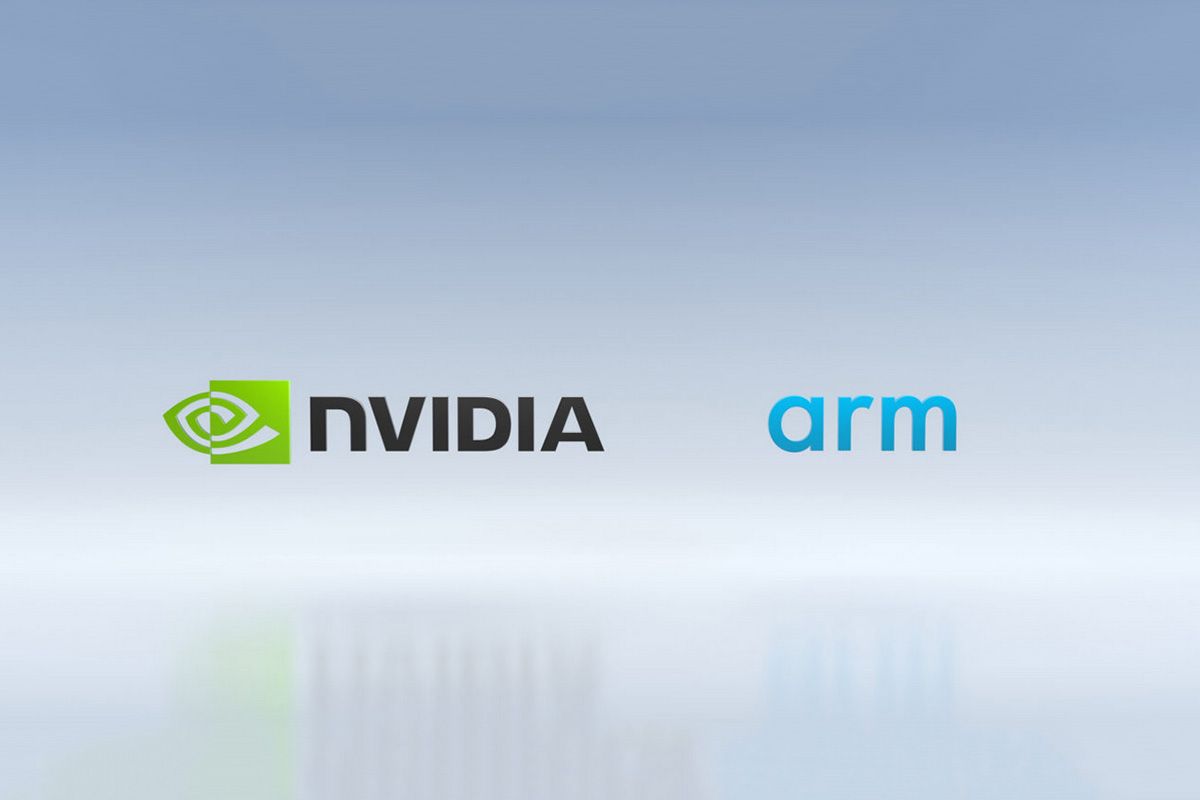In September last year, Nvidia signed a definitive agreement to acquire Arm, the UK-based semiconductor and software design company. Given how important of a role Arm plays in the mobile and tech ecosystem as a whole, many raised concerns that the acquisition would give NVIDIA way too much power and control and could hurt competition.
Qualcomm, Microsoft, and Google have already raised complaints with respective antitrust bodies in various regions, with the deal currently being investigated by competition regulators in the UK, US, EU, and China. While NVIDIA remains optimistic about clearing all hurdles and receiving a green signal from regulators, the company now admits (via Financial Times) that it might not be able to meet the 18-month deadline it had set to close out the deal.
“Our discussions with regulators are taking longer than initially thought, so it’s pushing out the timetable,” said Jensen Huang, NVIDIA CEO, in a recent interview with the Financial Times. "But we’re confident in the deal, we’re confident regulators should recognize the benefits of the acquisition.”
NVIDIA’s agreement with SoftBank, which currently owns Arm Ltd., gave it until the end of 2022 to wrap up the purchase valuing $40 billion.
In yet another blow, Brittain’s competition regulator announced (via Reuters) on Friday that it had found serious competition issues with the NVIDIA-Arm deal which required an in-depth investigation. The regulator said that if the deal went ahead, the merged entity could reduce competition and stifle innovation across the world in sectors like data centers, gaming, IoT, self-driving cars, and so on.
“We’re concerned that NVIDIA controlling Arm could create real problems for NVIDIA’s rivals by limiting their access to key technologies, and ultimately stifling innovation across a number of important and growing markets. This could end up with consumers missing out on new products, or prices going up," said Andrea Coscelli, chief executive of the Competition and Markets Authority (CMA).

